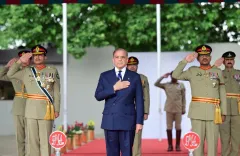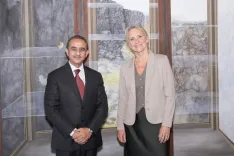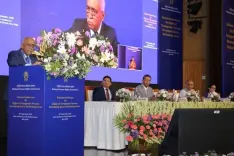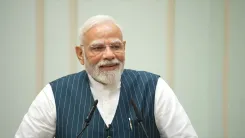How is India's Role in SCO Shaping Eurasia's Future?
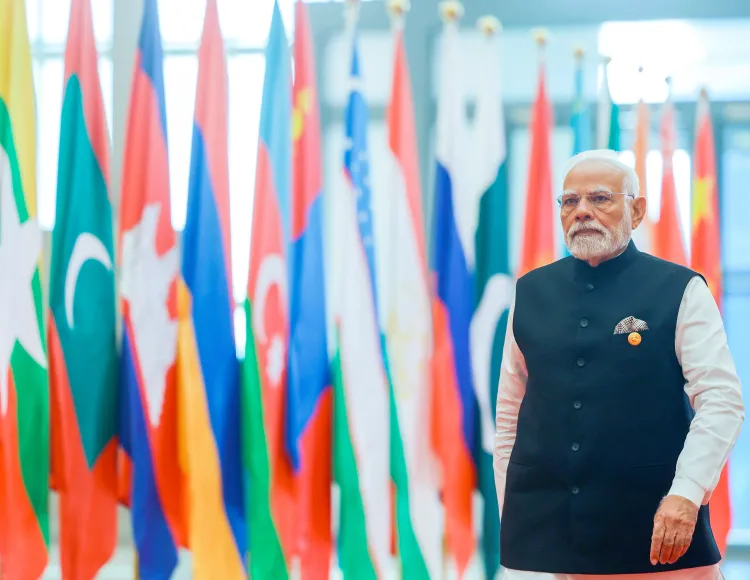
Synopsis
Key Takeaways
- India's participation in SCO highlights its vital role in Eurasia.
- Engagement is prioritized over endorsement in the forum.
- India acts as a counterbalance to the dominance of China and Russia.
- Strategic autonomy allows India to shape global order.
- Collaboration with Central Asia enhances India's influence.
Moscow, Sep 4 (NationPress) India's recent involvement in the Shanghai Cooperation Organisation (SCO) summit highlights that no regional Eurasian framework can advance without its insights and strategic vision, as reported on Thursday.
Through ongoing participation, India has fortified its presence, safeguarded its core interests, and expanded the dialogue landscape, proving that it cannot be eclipsed by other powers, according to an India Narrative (IN) report.
The report noted that each year, India's engagement in these forums reinforces its importance, establishing that it cannot be disregarded, regardless of the context or situation.
“New Delhi's involvement is more focused on engagement rather than mere endorsement within a platform dominated by China and Russia. By taking part in discussions on various topics such as security, connectivity, and governance, India has ensured that its viewpoint is acknowledged and not skewed towards a one-sided narrative. India's commitment to active participation has created an environment where the agenda is not solely influenced by a single power, thereby establishing a strategic presence in a region that is pivotal to Eurasia's future,” the report elaborated.
“India perceives the SCO as a channel for ongoing engagement, while Russia and China regard it as a counterbalance to Western institutions. For New Delhi, the SCO represents a gateway to Central Asia, which is vital for trade, energy, and connectivity projects, despite its limited access to the area,” it added.
The report underscored that India's role in the SCO is essential for Central Asian nations, which often navigate the influence of powerful global players.
India acts as an alternative for Central Asia through partnerships in sectors such as technology, health, and green energy, without exerting any economic or political pressure. Their collaboration with India diversifies their foreign relations, contributing to a multipolar Eurasia.
Globally, India’s involvement, the report emphasized, illustrates that adaptable powers willing to engage across divides will shape the future of international relations, rather than rigid blocs. In today's context, strategic autonomy signifies not isolation but the capability to maneuver across various platforms while safeguarding national interests.
“Within the SCO, India has embodied this approach, demonstrating openness to dialogue, resisting dominance, and emphasizing concerns over terrorism and sovereignty. Even in a forum that does not align with its priorities, India has managed to have its interests acknowledged,” the report indicated.
“India has chosen engagement as a means to uphold its sovereignty, exploring new avenues of cooperation by prioritizing security. This balanced and deliberate approach, taken step by step, reflects a larger truth: India is actively contributing to shaping the global order rather than merely responding to changes,” the India Narrative report concluded.

